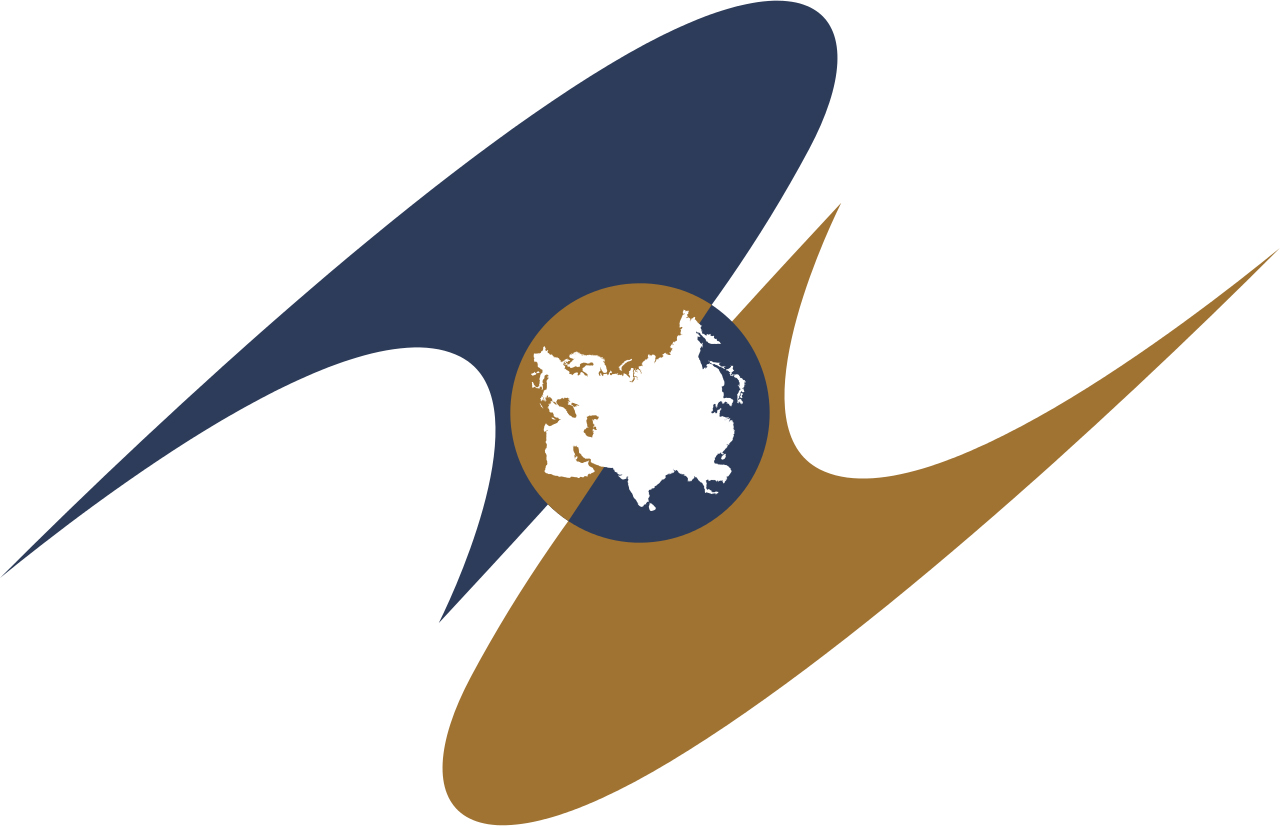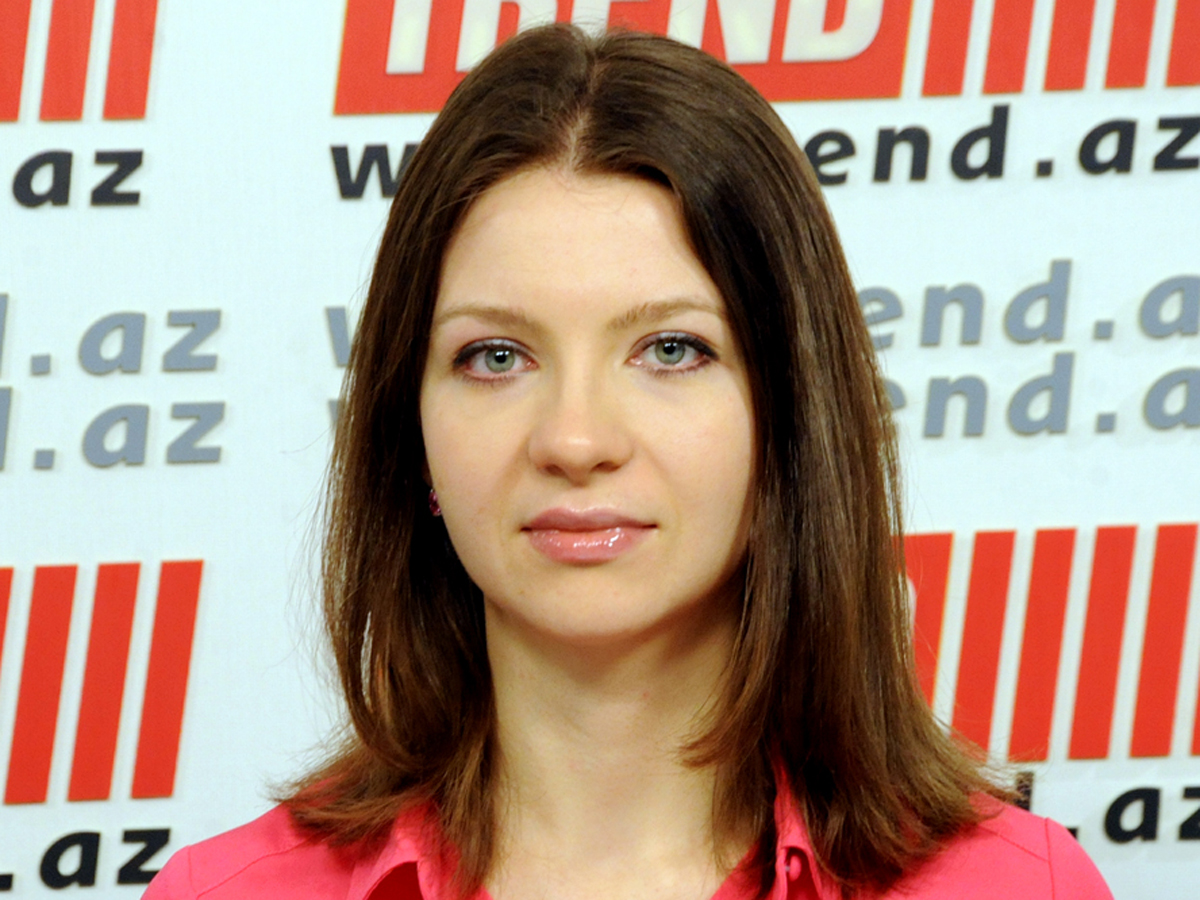Baku, Azerbaijan, Sept. 29
By Elena Kosolapova - Trend:
The member-states of the Eurasian Economic Union (EEU) have a similar vision of events in the world and tend to the same principles of solving global problems despite the recurring disagreements between them. Such conclusions can be drawn following the statements made by the EEU leaders at the 70th session of the UN General Assembly in New York.
Proceeding from the speeches of presidents of Russia, Kazakhstan and Belarus Vladimir Putin, Nursultan Nazarbayev and Alexander Lukashenko made at the UN once again showed that the EEU countries are concerned about the same problems and challenges of the modern world, despite significant differences in the level of ambition and the location, extent and direction of the economy, relations with neighbors and the world community.
In their statements, all three leaders stressed the need to learn the lessons of history to prevent global tragedies in the future, the growing influence of the United Nations to solve international problems and the inadmissibility of using force and economic blackmail by some countries pursuing their own political and economic interests.
The presidents of Russia, Kazakhstan and Belarus pointed out that the cooperation within the United Nations could play a major role in addressing key modern challenges. The EEU leaders urged to take all possible measures to restore confidence in international relations for further development, peace and ensuring international law.
It should be stressed that the speech of the Kazakh president, who claims to be the regional leader and usually conducts rather an independent policy, had much in common with the speech of his Russian counterpart. Most of the theses determined by the presidents of Kazakhstan and Russia were similar.
Thus, Presidents Nazarbayev and Putin agreed that the international terrorism, faced by the international community now, was the result of the statehood destruction in some countries.
Independently of each other, the presidents of the two countries proposed to create an international network to counter international terrorism and extremism.
The presidents of Russia and Kazakhstan agreed on the inadmissibility of infringing on the economic interests of some countries for the sake of others.
President of Kazakhstan Nursultan Nazarbayev's appeal of preventing the arbitrary imposition of sanctions, which contradicts both the UN Charter and international law, is of particular interest.
Although Kazakhstan, unlike its EEU partners, never faced sanctions directly, the Western sanctions against Russia have sufficient indirect impact on the country. But no one thought about the interests of Kazakhstan, as well as the interests of other close partners of Russia during the introduction of anti-Russian sanctions. Therefore, the call of the Kazakh president to make international sanctions affecting the well-being of millions of people the exclusive prerogative of the UN Security Council is quite logical.
In addition, the Kazakh president went on to add that the situation with the world reserve currencies doesn't meet the criteria of justice, democracy, competitiveness, effectiveness and international control and urged to create a new supranational currency, which should be relevant to the targets and tasks of global sustainable development and prosperity.
Putin, in turn, spoke about the "growing economic selfishness" of individual states that is fraught with a complete imbalance of the global trading system, in his opinion.
Finally, the presidents of Russia and Kazakhstan, as well as their Belarusian colleague noted the inadmissibility of weakening of the UN's role and its special significance, universality and legitimacy for decision-making on international issues.
"It is important to remember that the UN Charter was written with the blood of millions of victims of world wars and armed conflicts," said Nazarbayev. "Any violation of its articles, in particular, on ensuring the sovereignty and territorial integrity of States, leads humanity to repeating the tragic mistakes of the past."
"The Yalta system was actually born in travail," Putin said. "It was won at the cost of tens of millions of lives and two world wars. This swept through the planet in the 20th century. Let us be fair. It helped humanity through turbulent, at times dramatic, events of the last seven decades. It saved the world from large-scale upheavals."
"There is no alternative to dialogue!" agreed with his colleagues Alexander Lukashenko. "We will have to deal with our problems collectively... Only an alliance of strong, responsible and effective states, united by the system of international law, can adequately respond to modern global threats and challenges. The role of the United Nations in this regard is crucial."
---
Elena Kosolapova is Trend Agency's staff journalist, follow her on Twitter: @E_Kosolapova
Edited by CN








